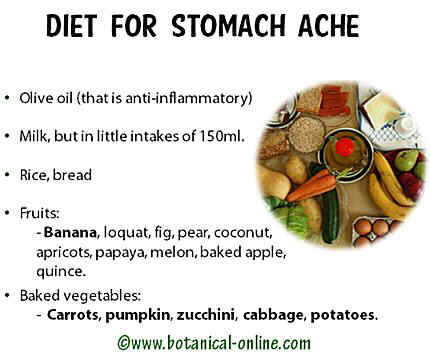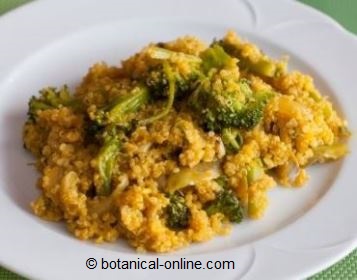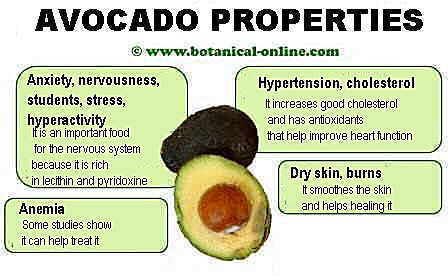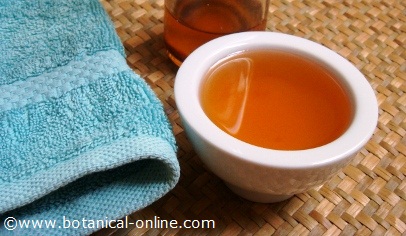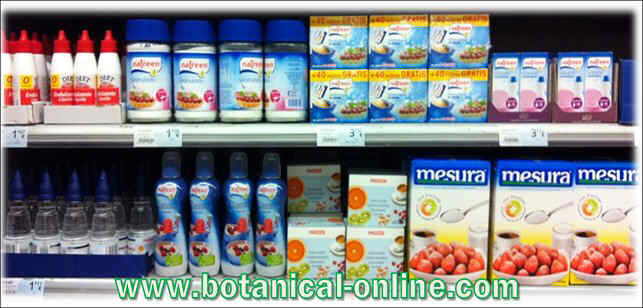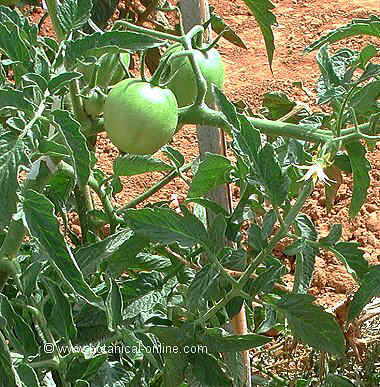Contents
- 1 Nutritional benefits of seitan
- 1.1 WHAT ARE THE ADVANTAGES OF EATING SEITAN?
- 1.2 Seitan is rich in easily digestible and usable vegetable protein
- 1.3 Benefits of incorporating seitan to your dishes
- 1.4 How much seitan can you eat?
- 1.5 For whom is seitan specially recommended?
- 1.6 When should consumption of seitan be controlled?
- 1.7 When should we NOT eat seitan?
Nutritional benefits of seitan
WHAT ARE THE ADVANTAGES OF EATING SEITAN?
Seitan is rich in easily digestible and usable vegetable protein
When a restrictive diet is carried out on some foods and, if a correct substitution of foods eliminated from the diet is not carried out, it may happen that the necessary nutrients are not provided for a correct functioning of the human body and its nutrition.
A type of exclusively vegetarian diet, in which meat, fish, milk or eggs do not appear, can cause a protein deficiency, which can cause harmful effects on the health of the person.
To avoid these negative effects, special care must be taken to ensure this much needed supply of protein.
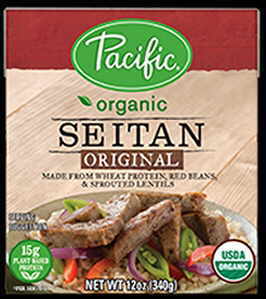
Seitan along with other products like tofu or tempeh are sold in the form of vegetable meat
Benefits of incorporating seitan to your dishes
Incorporating seitan as a more habitual consumed food in the vegetarian diets will help us to ensure not to have deficits in the protein supply, besides providing a much more varied diet.
Due to its elaboration with Kombu seaweed, it turns out to be a protein food of easy digestion and of soft taste, which will favor that, when introducing its consumption, there is a greater acceptance and tolerance with respect to other protein products.
You can make the same preparations that are usually made with meat or fish, only with this type of vegetable protein. In addition, since it does not require previous cooking, its use in relation to animal meat can be a quick solution in the culinary preparations of some people who do not have time to make long cooking.
How much seitan can you eat?
It is always recommended to make a correct supply of adequate protein always to the needs of each person. It is not considered beneficial, balanced or healthy, to perform neither an excess of its intake nor a deficit of it. So in all ages, a consumption that really meets the needs of each stage of life and the inherent needs of each individual is required.
Obviously, it will always be taken into account that depending on the physical exercise that is performed, situations of stress or metabolization of protein that is suffered. According to these conditions, the needs of their consumption will be increased or decreased and therefore the quantities ingested will also vary.
For whom is seitan specially recommended?
Being a food rich in protein it is specially recommended for consumption in the following situations:
– Situations where higher contributions of this macronutrient are required, as for example in cases of iron deficiency anemia.
– In high-performance athletes, with the purpose of strengthening the muscles, but also because it will avoid the loss of the same, caused by an insufficient intake of this nutrient.
– In vegetarian diets: Because its origin is 100% vegetable, in people who wish to make a diet free of animal products, such as vegetarians, this food can provide them with the protein they need, as long as it is correctly combined with cereals, thus avoiding possible nutritional deficiencies.
– In people with high cholesterol and triglycerides: It is also recommended to use in cases of dyslipidemia, as we will provide the necessary protein without increasing blood cholesterol levels or triglycerides.
– In case of indigestion produced by consumption of animal protein: Due to its ease of digestion, it is advisable to use it in cases of heavy or troublesome digestion, or when protein foods such as dairy products (milk, yogurt, cheese, etc.) meat, etc are difficult to ingest. So, it is especially interesting in those people with lactose intolerance, milk allergy or galactosemia.
When should consumption of seitan be controlled?
In cases of mild hypertension, its consumption should be controlled, not because of its origin in itself, but because, in its preparation, it is added salt and soy sauce, which in addition to sodium also contains monosodium glutamate. Its consumption can increase the levels of hypertension more.
When should we NOT eat seitan?
We should not eat seitan in the following cases:
– In cases of moderately elevated hypertension.
– In cases of allergy or gluten intolerance.
* Related information: Seitan for babies, how to make seitan at home, how to preserve seitan
![]() More information on seitan and other vegetable meat.
More information on seitan and other vegetable meat.


